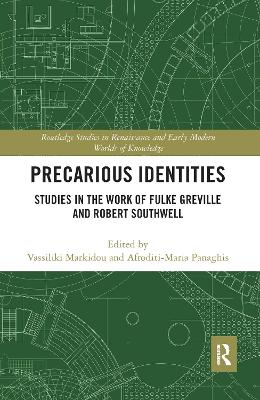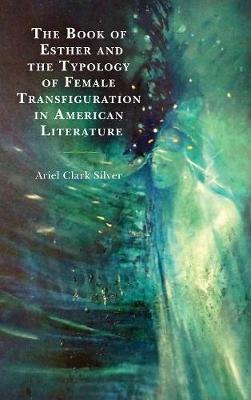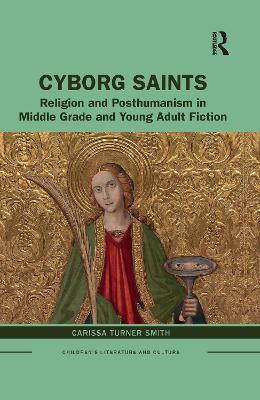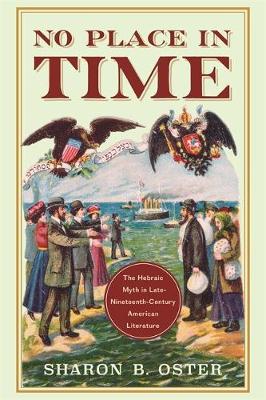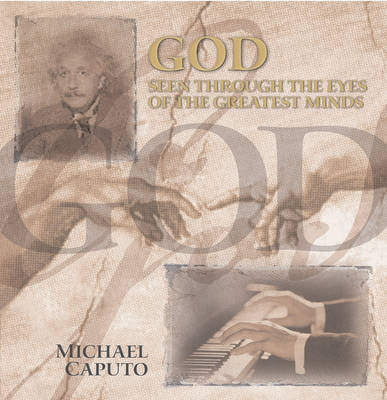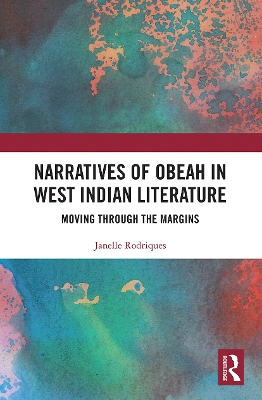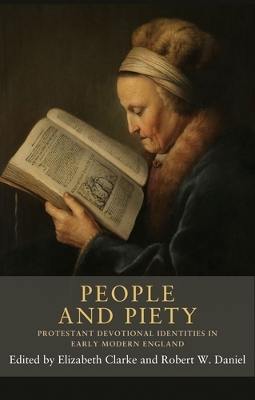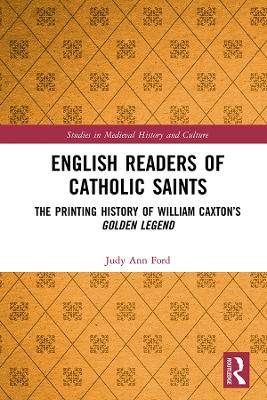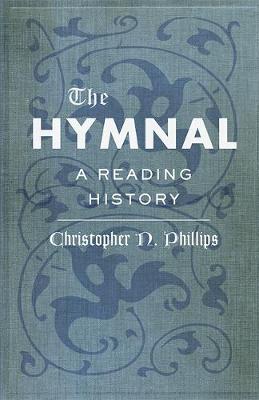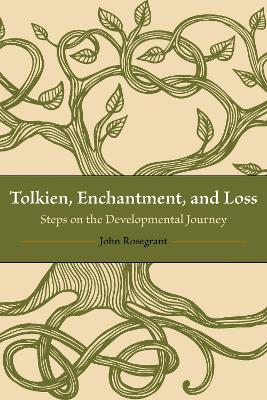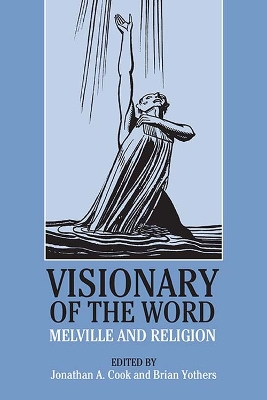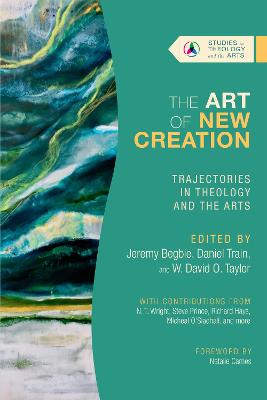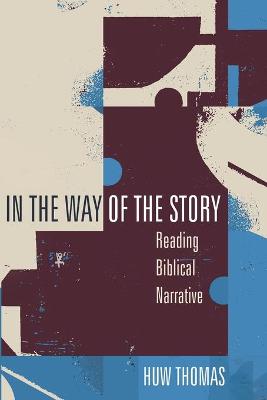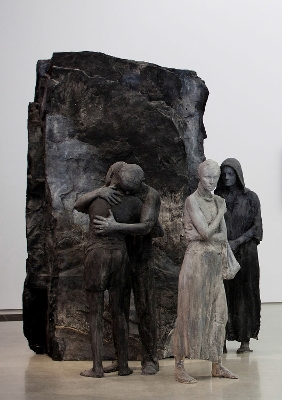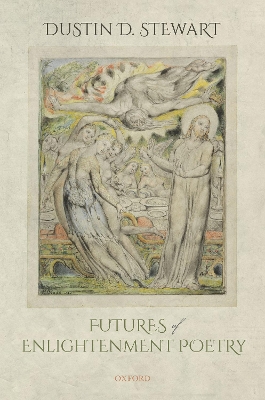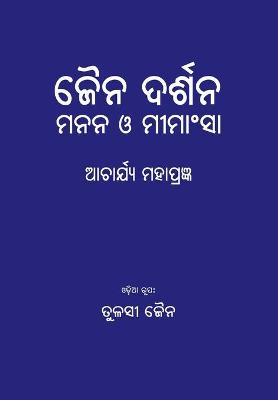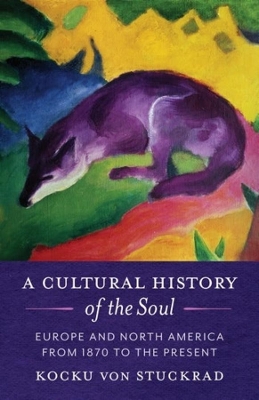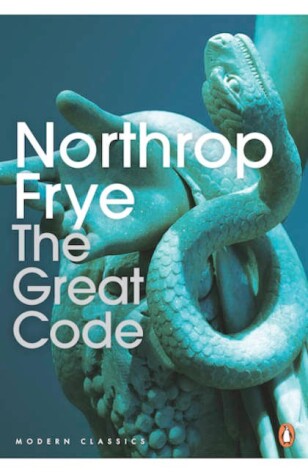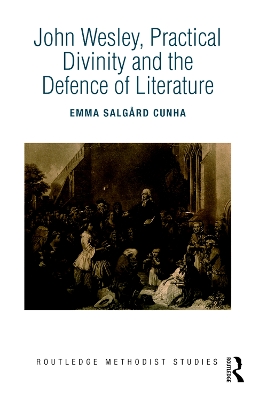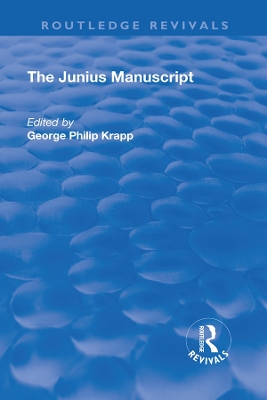Precarious Identities (Routledge Studies in Renaissance and Early Modern Worlds of Knowledge)
This book investigates the construction of identity and the precarity of the self in the work of the Calvinist Fulke Greville (1554–1628) and the Jesuit Robert Southwell (1561–1595). For the first time, a collection of original essays unites them with the aim to explore their literary production. The essays collected here define these authors’ efforts to forge themselves as literary, religious, and political subjects amid a shifting politico-religious landscape. They highlight the authors’ criti...
Postsecular Poetics (Routledge Research in Postcolonial Literatures)
by Rebekah Cumpsty
This book is the first full-length study of the postsecular in African literatures. Religion, secularism, and the intricate negotiations between the two, codified in recent criticism as postsecularism, are fundamental conditions of globalized modernity. These concerns have been addressed in social science disciplines, but they have largely been neglected in postcolonial and literary studies. To remedy this oversight, this monograph draws together four areas of study: it brings debates in religio...
Essays on Religious Themes in Speculative Fiction Texts
by Elise West, Bailey Leander-Vanoers, and Rachel West
The Book of Esther and the Typology of Female Transfiguration in American Literature
by Ariel Clark Silver
The enduring search for female salvation in American literature is first expressed through typology, an interpretive framework that pairs type with antitype, historical scriptural promise with future spiritual fulfillment. When Cotton Mather invokes the typos of Esther in Ornaments of the Daughters of Zion, a Puritan conduct book, he offers a female type of divine wisdom, authority and force. In the biblical Book of Esther, Esther acts as a female type of wisdom and redemption, but her story a...
Cyborg Saints (Children's Literature and Culture)
by Carissa Turner Smith
Saints are currently undergoing a resurrection in middle grade and young adult fiction, as recent prominent novels by Socorro Acioli, Julie Berry, Adam Gidwitz, Rachel Hartman, Merrie Haskell, Gene Luen Yang, and others demonstrate. Cyborg Saints: Religion and Posthumanism in Middle Grade and Young Adult Fiction makes the radical claim that these holy medieval figures are actually the new cyborgs in that they dethrone the autonomous subject of humanist modernity. While young people navigate poli...
An exploration of the temporal function that "the Jew" plays in literature. No Place in Time: The Hebraic Myth in Late Nineteenth-Century American Literature examines how the Hebraic myth, in which Jewishness became a metaphor for an ancient, pre-Christian past, was reimagined in nineteenth-century American realism. The Hebraic myth, while integral to a Protestant understanding of time, was incapable of addressing modern Jewishness, especially in the context of the growing social and national c...
Michael Caputo, through years of exhaustive research, has discovered letters, writings, and quotes that reveal what the greatest artists, musicians, philosophers, scientists, and writers thought about the God of heaven. Through the pages of this timeless work, you will engage the thoughts of history's most celebrated people: Mozart, Galileo, Descartes, Shakespeare, Einstein, Michelangelo, and many more. Did great intellect and creativity lead brilliant men and women of the past to agnosticism a...
This book explores representations of Obeah - a name used in the English/Creole-speaking Caribbean to describe various African-derived, syncretic Caribbean religious practices - across a range of prose fictions published in the twentieth century by West Indian authors. In the Caribbean and its diasporas, Obeah often manifests in the casting of spells, the administration of baths and potions of various oils, herbs, roots and powders, and sometimes spirit possession, for the purposes of protect...
This international and interdisciplinary volume investigates Protestant devotional identities in sixteenth- and seventeenth-century England. Divided into two sections, the book examines the 'sites' where these identities were forged - the academy, printing house, household, theatre and prison - and the 'types' of texts that expressed them - spiritual autobiographies, religious poetry and writings tied to the ars moriendi - providing a broad analysis of social, material and literary forms of devo...
English Readers of Catholic Saints (Studies in Medieval History and Culture)
by Judy Ann Ford
In 1484, William Caxton, the first publisher of English-language books, issued The Golden Legend, a translation of the most well-known collection of saints’ lives in Europe. This study analyzes the molding of the Legenda aurea into a book that powerfully attracted the English market. Modifications included not only illustrations and changes in the arrangement of chapters, but also the addition of lives of British saints and translated excerpts from the Bible, showing an appetite for vernacular s...
It stands barely three inches high, a small brick of a book. The pages are skewed a bit, and evidence of a small handprint remains on the worn, cheap leather covers that don't quite close. The book bears the marks of considerable use. But why-and for whom-was it made? Christopher N. Phillips's The Hymnal is the first study to reconstruct the practices of reading and using hymnals, which were virtually everywhere in the eighteenth and nineteenth centuries. Isaac Watts invented a small, words-only...
Tolkien's enchanted worldview as literary form and as psychological struggleFocusing on the themes of enchantment and loss in the fiction of J. R. R. Tolkien, this unique study incorporates elements of developmental psychology to explore both Tolkien's life and art, deepening our understanding of the interrelationship between his biography and writing. As John Rosegrant relates, Tolkien's early years saw a good deal of trauma: the loss of both parents, serious illness, poverty, and battlefield...
Visionary of the Word
Visionary of the Word brings together the latest scholarship on Herman Melville's treatment of religion across his long career as a writer of fiction and poetry. The volume suggests the broad range of Melville's religious concerns, including his engagement with the denominational divisions of American Christianity, his dialogue with transatlantic currents in nineteenth-century religious thought, his consideration of theological and philosophical questions related to the problem of evil and deter...
The biblical themes of creation and new creation are inextricably bound to each other. For the God who created the world is the same God who recreates humanity in Jesus Christ and the same God who promises a new heaven and a new earth. How might the relationship between creation and new creation be informed by and reflected in the arts? This volume, based on the DITA10 conference at Duke Divinity School, brings together reflections from theologians, biblical scholars, and artists to offer insigh...
Reading some of the best-known Torah stories through the lens of transgender experience, Joy Ladin explores fundamental questions about how religious texts, traditions, and the understanding of God can be enriched by transgender perspectives, and how the Torah and trans lives can illuminate one another. Drawing on her own experience and lifelong reading practice, Ladin shows how the Torah, a collection of ancient texts that assume human beings are either male or female, speaks both to practical...
This book offers a revisionist account of poetry and embodiment from Milton to Romanticism. Scholars have made much of the period's theories of matter, with some studies equating the eighteenth century's modernity with its materialism. Yet the Enlightenment in Britain also brought bold new arguments for the immateriality of spirit and evocative claims about an imminent spirit realm. Protestant religious writing was of two minds about futurity, swinging back and forth between patience for the res...
The soul, which dominated many intellectual debates at the beginning of the twentieth century, has virtually disappeared from the sciences and the humanities. Yet it is everywhere in popular culture—from holistic therapies and new spiritual practices to literature and film to ecological and political ideologies. Ignored by scholars, it is hiding in plain sight in a plethora of religious, psychological, environmental, and scientific movements. This book uncovers the history of the concept of the...
World-renowned critic and scholar Northrop Frye examines the Bible as the single most important influence in the imaginative tradition of Western art and literature. Frye rejects both the dogmatic and literal interpretations while celebrating the uniqueness of the Bible as distinct from all other epics and sacred texts. His highly original analysis shows the Bible as redeeming history with a visionary poetic perspective that complements science in the understanding of man’s nature.
John Wesley, Practical Divinity and the Defence of Literature (Routledge Methodist Studies)
by Emma Salgard Cunha
John Wesley (1703–1791), leader of British Methodism, was one of the most prolific literary figures of the eighteenth century, responsible for creating and disseminating a massive corpus of religious literature and for instigating a sophisticated programme of reading, writing and publishing within his Methodist Societies. John Wesley, Practical Divinity and the Defence of Literature takes the influential genre of practical divinity as a framework for understanding Wesley’s role as an author, edi...
Revival: The Junius Manuscript (1931) (Routledge Revivals)
by George Philip Krapp
This book is the first volume in a collective edition, the plan of which includes all the surviving records of Anglo-Saxon poetry. The main body of Anglo-Saxon poetry as it has come down to us is contained in four important miscellany manuscripts, the Junius Manuscript, the Vercelli Book, the Exeter Book, and the Beowulf Manuscript, each of which will constitute a separate volume in this edition. The remaining minor and more or less scattered examples of Anglo-Saxon poetry will be grouped togeth...
